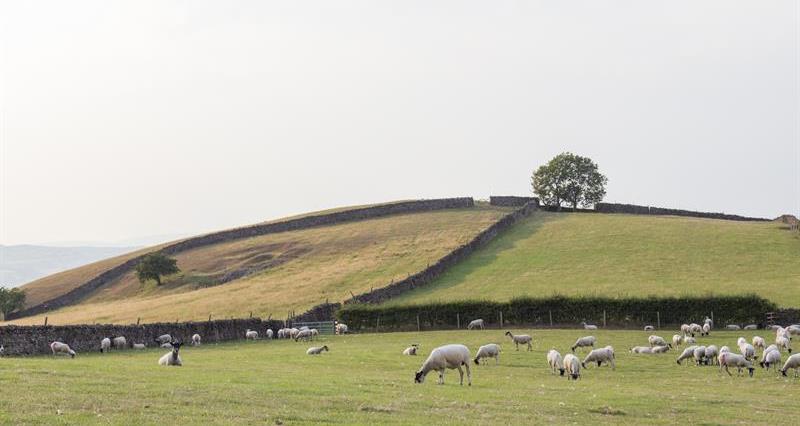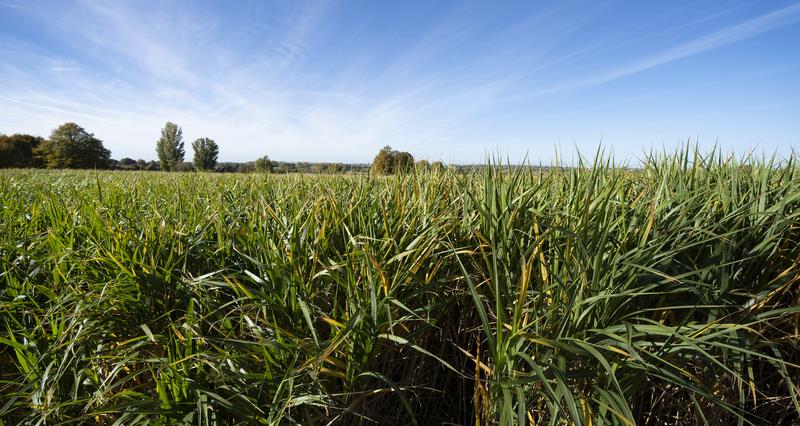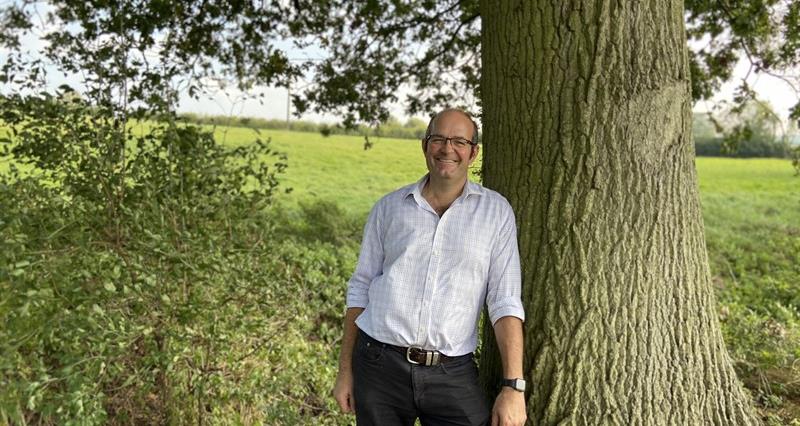No one should be in any doubt about the need to address the aims of the EIP, and (most) farmers aren’t either. Over my 30 years of farming, I have noticed a change in how the landscape is managed by farmers. Some more than others, but there is an undoubted direction of travel which needs to be commended.
This has been driven by policy, but also organisations and individuals' improved understanding.
You can find more information on the UK Government's Environmental Improvement Plan at: GOV.UK | Environment Improvement Plan 2023
Challenges faced by farmers
However, within this change, there are many contradictory actors – trade deals, supply chain behaviours, government schemes, and two often missing from the list – the overall resilience and capacity for our farmers to help deliver. Do they have the time, the funds, the overall support, and the mental resilience in an arena which so often points the finger of blame at the farmer, and the wider responsibilities of the supply chain and society?
One of the key things lacking from the EIP, given how central farming is, is the understanding of the pressures we are putting on our land in this very populated island. As net importers of food, with production trends declining in some key areas like fruit and vegetables - food production both here and abroad ought to be woven into an Environment Improvement Strategy – food and the environment are intrinsically linked, both the good and the bad.
Farming in a way that complements environmental improvement is going to be central. But it should not be confined to the few; it needs to be the norm for all. How this is achieved is critical, given the ten goals set out in the EIP.
Recognition and resources for farmers
We must not forget that farms are businesses too. For over a decade now, the NFU has acknowledged the challenges faced by farmers and the need for resources to support environmental improvement, without impacting the production side of the equation.
The challenges faced by members have been set out in NFU initiatives like the Voluntary Initiative, working on safe use and reduced impact of plant protection products in the farmed environment and promoting Integrated Farm Management.
Our partnership – Championing the Farmed Environment – looks to promote and celebrate the work that many farmers are already doing to sustain and improve the environment on their farm, whilst also providing guidance and support to allow more farmers to manage their land in this way.
We have also produced a number of reports that support our work on the environment which can be found on the reports section of our website. This includes our net zero goal, which outlnes our ambition for the industry to reach net zero by 2040.
Balancing agriculture and nature
Rest assured that our commitment to support the need to improve our environment and lessen the impact of agriculture, support nature recovery, and make sure we have a thriving rural economy remains, in a way that continues to enhance and support the goals of the EIP.
Reaching these targets demands more than a mere tweak in farming methods. It's crucial to avoid a narrow perspective; we need to be pragmatic about the goals and consequences of proposed changes.
Tackling the dual objectives of enhancing the environment and securing our food supply demands an equally robust and well-rounded approach.
Addressing water pollution
NFU Chief Environment Adviser Dr Diane Mitchell also spoke recently at the Westminster Energy, Environment & Transport Forum, where she shed light on the challenges and opportunities in addressing water pollution in England.
Dr Mitchell delved into the ambitious targets outlined in the Environment Act, which aim to reduce nitrogen, phosphorus and sediment from agriculture by 40% by 2038. While recognising the challenges, she called for a clearer roadmap for target delivery, emphasising the need for achievable and affordable approaches supported by the right policies.
She discussed the financial challenges faced by farmers, especially with non-grant funded projects, and emphasised the role of the environmental land management scheme (ELMs) in rewarding farmers for delivering public goods.
Acknowledging the need for accountability, Dr Mitchell stressed the importance of monitoring the impact of water quality initiatives. She called for a balanced approach, ensuring that pollution from various sources, including industries and urban areas, is recorded and addressed proportionately.
In her closing remarks, she urged for more support towards farmer-led groups undertaking citizen science, emphasising the collective responsibility to drive positive changes in England's water quality environment.





